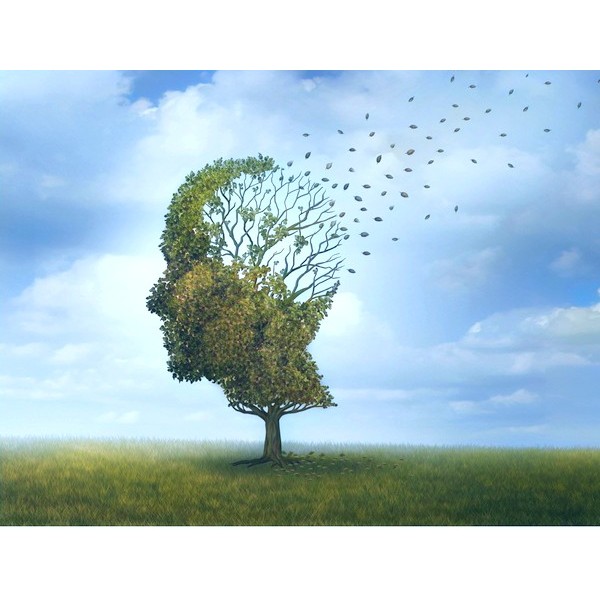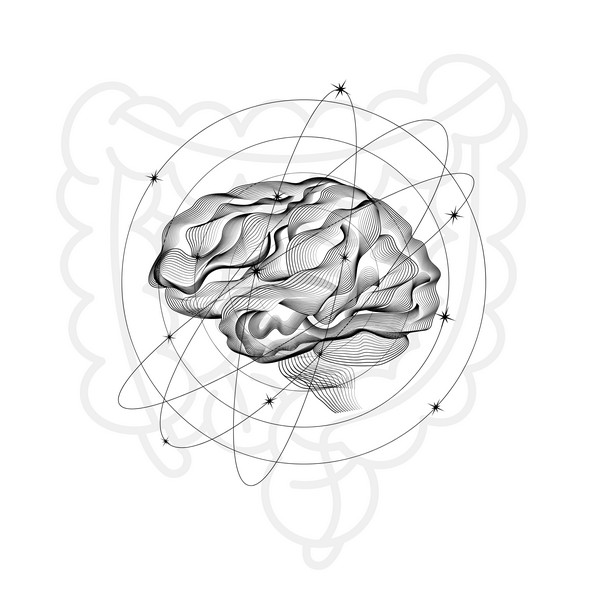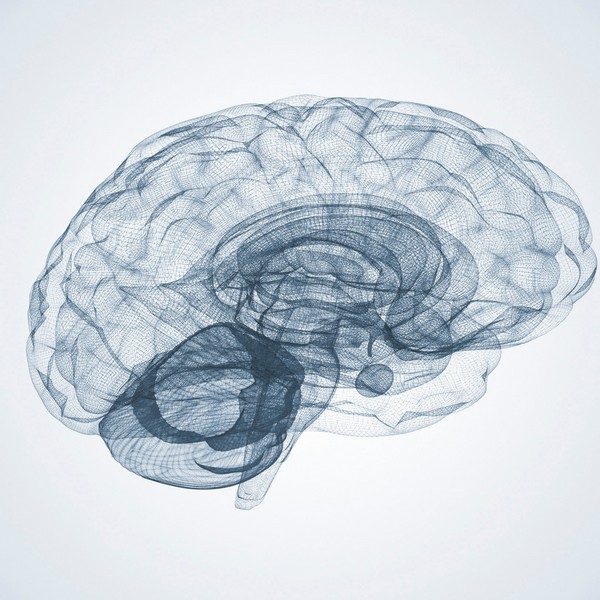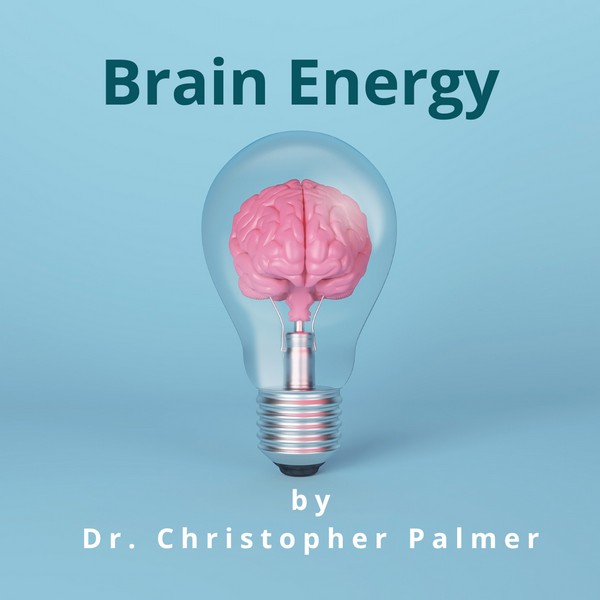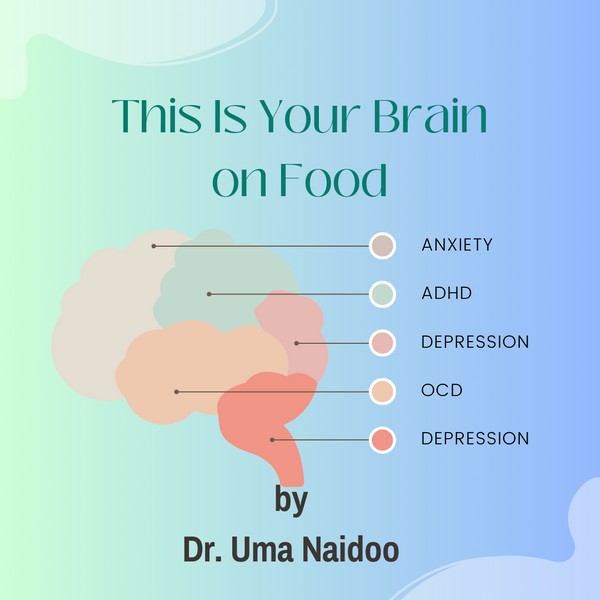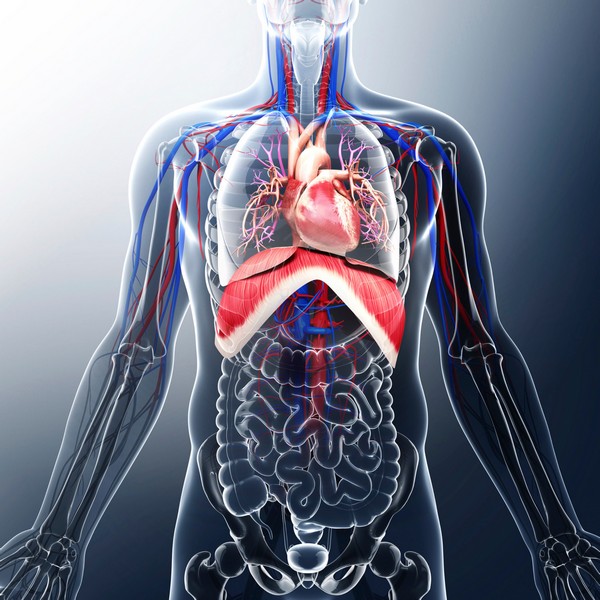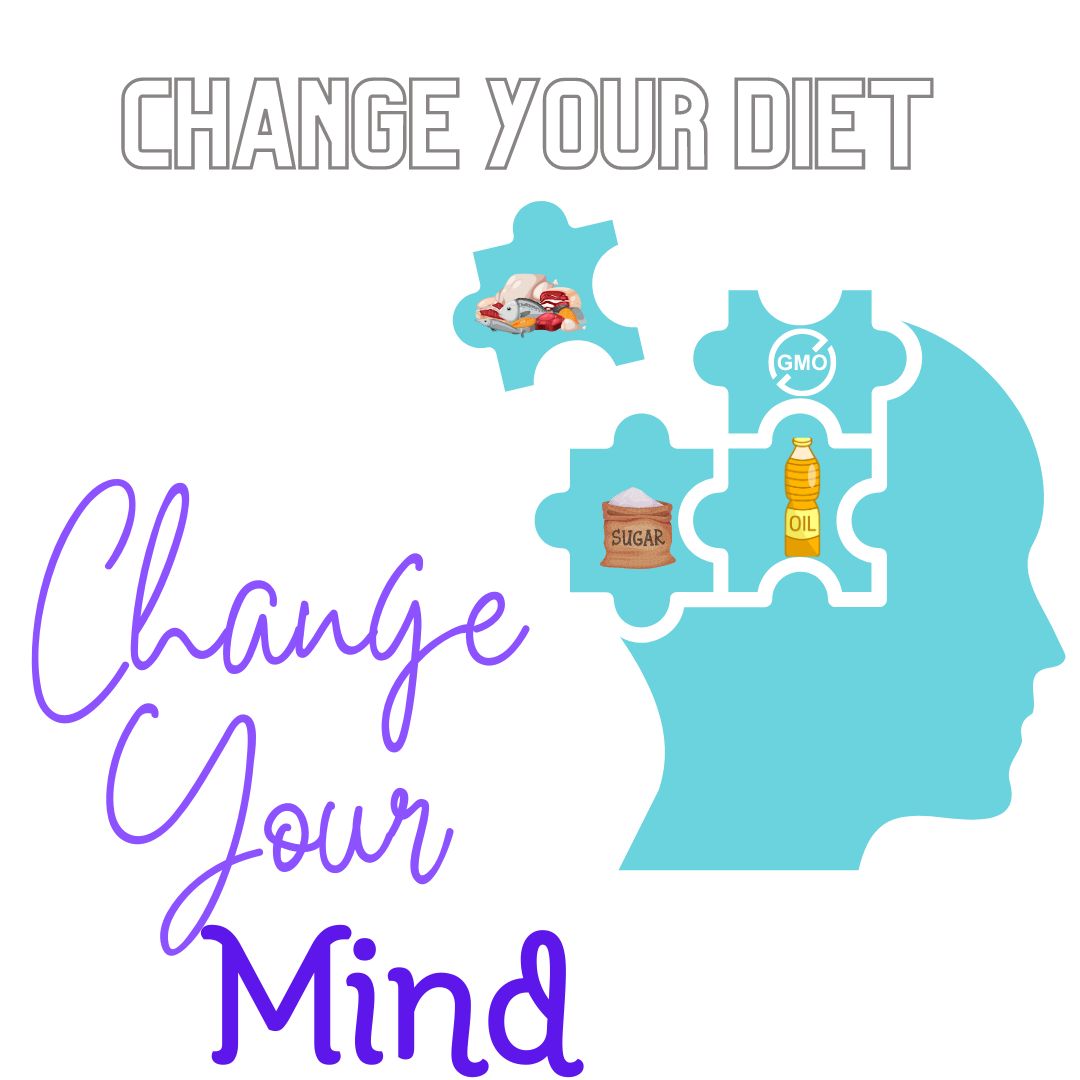Key Takeaways:
- Anxiety can disrupt daily life when it becomes overwhelming.
- Common symptoms include restlessness, rapid heartbeat, and difficulty concentrating.
- Causes include stress, genetics, and chemical imbalances.
- Effective treatments involve lifestyle changes, therapy, and sometimes medication.
- Early intervention can prevent anxiety from worsening.
Types of Anxiety Disorders
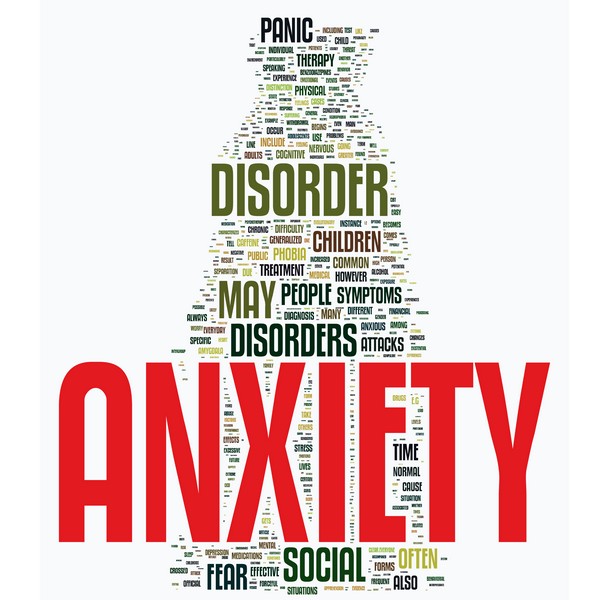
Several types of anxiety disorders exist:
- Generalized Anxiety Disorder (GAD) involves persistent worry about various aspects of life.
- Panic Disorder is marked by sudden, intense fear, often with physical symptoms.
- Social Anxiety Disorder involves extreme fear of social situations.
- Phobias are intense fears related to specific objects or situations.
- Obsessive-Compulsive Disorder (OCD) and Post-Traumatic Stress Disorder (PTSD) also fall under anxiety disorders.
Causes of Anxiety

Anxiety arises from a combination of factors. Stressful life events, such as job loss or trauma, can trigger anxiety.
Genetic predisposition and brain chemistry also contribute to its development.
Various studies have demonstrated an association between the pathophysiology of diabetes and anxiety disorder.
Symptoms of Anxiety
Anxiety presents both physical and emotional symptoms. Physical signs include a racing heart, sweating, and restlessness.
Emotionally, anxiety leads to excessive worry and fear. Cognitive symptoms, such as difficulty concentrating, are common.
These symptoms can interfere with daily activities. Behavioral changes like avoidance may also occur.
Impact of Anxiety on Health

Anxiety affects more than just mental well-being. Chronic anxiety can lead to physical health problems, such as heart disease.
It can also weaken the immune system, making the body more vulnerable to illness. Social and occupational functioning may decline.
Anxiety often leads to withdrawal from activities and relationships. This further exacerbates the condition, creating a cycle that’s hard to break.
Management and Treatment Options

Lifestyle changes, such as regular exercise and a healthy diet, can reduce anxiety. The brain is a physical organ with specific nutrient requirements for proper function.
High-quality protein, healthy fats, vitamins and minerals all play a part in good mental health. Optimal levels of bioavailable copper should be top priority.
Mindfulness and relaxation techniques, like meditation, can also provide relief.
Building a strong support network is helpful for long-term management.
Therapy, especially Cognitive Behavioral Therapy (CBT), is highly effective. Medication may be necessary for severe cases.
Coping Strategies for Everyday Life

Identifying triggers and avoiding them helps manage anxiety. Establishing healthy routines, like consistent restful sleep, can make a big difference.
Supplementing with magnesium is an effective, affordable, and highly recommended strategy.
Practicing stress management techniques, such as deep breathing, is beneficial. Seeking professional help early can prevent anxiety from becoming unmanageable.
Consistent effort in these areas leads to better overall control of anxiety.
When to Seek Help
Recognizing the need for professional help is important. If anxiety interferes with daily life or causes significant distress, it’s time to seek assistance. Early intervention leads to more effective management and better outcomes.
FAQ
What triggers anxiety?
Stressful life events, genetic factors, and chemical imbalances can all trigger anxiety.
How can I manage anxiety daily?
Perform regular physical activity, maintain a healthy diet, practice mindfulness, and seek support when needed.
Is medication the only solution for anxiety?
No, therapy, lifestyle changes, and relaxation techniques are also effective.
Can anxiety affect my physical health?
Yes, chronic anxiety can lead to health issues like heart disease and a weakened immune system.
When should I seek professional help?
If anxiety disrupts daily life or causes significant distress, it’s important to consult a professional.
Research
Abetz, L., Baladi, J.-F., Jones, P. and Rofail, D., 2006. The impact of iron overload and its treatment on quality of life: results from a literature review. Health and Quality of Life Outcomes, [online] 4(1).
https://doi.org/10.1186/1477-7525-4-73.
Abumaria, N., Yin, B., Zhang, L., Li, X.-Y., Chen, T., Descalzi, G., Zhao, L., Ahn, M., Luo, L., Ran, C., Zhuo, M. and Liu, G., 2011. Effects of Elevation of Brain Magnesium on Fear Conditioning, Fear Extinction, and Synaptic Plasticity in the Infralimbic Prefrontal Cortex and Lateral Amygdala. The Journal of Neuroscience, [online] 31(42), pp.14871–14881. https://doi.org/10.1523/jneurosci.3782-11.2011.
Al-Onaizi, M., Braysh, K., Alkafeef, S.S., Altarrah, D., Dannoon, S., Alasousi, D., Adel, H., Al-Ajmi, M., Kandari, A., Najem, R., Nizam, R., Williams, M.R., John, S., Thanaraj, T.A., Ahmad, R., Al-Hussaini, H., Al-Mulla, F. and Alzaid, F., 2024. Glucose intolerance induces anxiety-like behaviors independent of obesity and insulin resistance in a novel model of nutritional metabolic stress. Nutritional Neuroscience, [online] pp.1–19. https://doi.org/10.1080/1028415x.2024.2310419.
Boyle, N., Lawton, C. and Dye, L., 2017. The Effects of Magnesium Supplementation on Subjective Anxiety and Stress—A Systematic Review. Nutrients, [online] 9(5), p.429. https://doi.org/10.3390/nu9050429.
Bruggink, S.M., Shomaker, L.B., Kelly, N.R., Drinkard, B.E., Chen, K.Y., Brychta, R.J., Cassidy, O., Demidowich, A.P., Brady, S.M., Tanofsky-Kraff, M. and Yanovski, J.A., 2019. Insulin Sensitivity, Depression/Anxiety, and Physical Fitness in At-Risk Adolescents. Sports Medicine International Open, [online] 03(02), pp.E40–E47. https://doi.org/10.1055/a-0889-8653.
Fedoce, A. das G., Ferreira, F., Bota, R.G., Bonet-Costa, V., Sun, P.Y. and Davies, K.J.A., 2018. The role of oxidative stress in anxiety disorder: cause or consequence? Free Radical Research, [online] 52(7), pp.737–750. https://doi.org/10.1080/10715762.2018.1475733.
Islam, Md.R., Ahmed, M.U., Mitu, S.A., Islam, M.S., Rahman, G.K.M.M., Qusar, M.M.A.S. and Hasnat, A., 2013. Comparative Analysis of Serum Zinc, Copper, Manganese, Iron, Calcium, and Magnesium Level and Complexity of Interelement Relations in Generalized Anxiety Disorder Patients. Biological Trace Element Research, [online] 154(1), pp.21–27. https://doi.org/10.1007/s12011-013-9723-7.
Jacka, F.N., Overland, S., Stewart, R., Tell, G.S., Bjelland, I. and Mykletun, A., 2009. Association Between Magnesium Intake and Depression and Anxiety in Community-Dwelling Adults: The Hordaland Health Study. Australian & New Zealand Journal of Psychiatry, [online] 43(1), pp.45–52. https://doi.org/10.1080/00048670802534408.
Ketata, I. and Ellouz, E., 2023. New view of aceruloplasminemia: Systematic review and meta-analysis tracking dots from onset to disease development and iron-related features. Rare, [online] 1, p.100010. https://doi.org/10.1016/j.rare.2023.100010.
Kim, J. and Wessling-Resnick, M., 2014. Iron and mechanisms of emotional behavior. The Journal of Nutritional Biochemistry, [online] 25(11), pp.1101–1107.
https://doi.org/10.1016/j.jnutbio.2014.07.003.
Kleinridders, A., Cai, W., Cappellucci, L., Ghazarian, A., Collins, W. R., Vienberg, S. G., Pothos, E. N., & Kahn, C. R. (2015). Insulin resistance in brain alters dopamine turnover and causes behavioral disorders. Proceedings of the National Academy of Sciences, 112(11), 3463-3468. https://doi.org/10.1073/pnas.1500877112
Livadas, S., Chaskou, S., Kandaraki, A. A., Skourletos, G., Economou, F., Christou, M., Boutzios, G., Karachalios, A., Zerva, A., Xyrafis, X., Christakou, C., Pighou, A. K., & Diamanti-Kandarakis, E. (2011). Anxiety is associated with hormonal and metabolic profile in women with polycystic ovarian syndrome. Clinical Endocrinology, 75(5), 698-703. https://doi.org/10.1111/j.1365-2265.2011.04122.x
Młyniec, K., Davies, C.L., de Agüero Sánchez, I.G., Pytka, K., Budziszewska, B. and Nowak, G., 2014. Essential elements in depression and anxiety. Part I. Pharmacological Reports, [online] 66(4), pp.534–544. https://doi.org/10.1016/j.pharep.2014.03.001.
Młyniec, K., Gaweł, M., Doboszewska, U., Starowicz, G. and Nowak, G., 2017. The Role of Elements in Anxiety. Anxiety, [online] pp.295–326. https://doi.org/10.1016/bs.vh.2016.09.002.
Młyniec, K., Gaweł, M., Doboszewska, U., Starowicz, G., Pytka, K., Davies, C. L., & Budziszewska, B. (2015). Essential elements in depression and anxiety. Part II. Pharmacological Reports, 67(2), 187-194. https://doi.org/10.1016/j.pharep.2014.09.009.
Nakamura, M., Miura, A., Nagahata, T., Shibata, Y., Okada, E. and Ojima, T., 2019. Low Zinc, Copper, and Manganese Intake is Associated with Depression and Anxiety Symptoms in the Japanese Working Population: Findings from the Eating Habit and Well-Being Study. Nutrients, [online] 11(4), p.847. https://doi.org/10.3390/nu11040847.
Narita, K., Murata, T., Hamada, T., Kosaka, H., Sudo, S., Mizukami, K., Yoshida, H., & Wada, Y. (2008). Associations between trait anxiety, insulin resistance, and atherosclerosis in the elderly: A pilot cross-sectional study. Psychoneuroendocrinology, 33(3), 305-312. https://doi.org/10.1016/j.psyneuen.2007.11.013
Roberti, M. do R.F., Borges Filho, H.M., Gonçalves, C.H. and Lima, F.L., 2011. Aceruloplasminemia. Revista Brasileira de Hematologia e Hemoterapia, [online] 33(5), pp.389–392.
https://doi.org/10.5581/1516-8484.20110104.
Rukat, M., Przyborowska, K., Kwiecień, J., Getka, B., Wiejak, K. and Łata, M., 2024. The relationship between magnesium deficiency and anxiety, the therapeutic effects of magnesium supplementation – literature review. Journal of Education, Health and Sport, [online] 53, pp.91–101. https://doi.org/10.12775/jehs.2024.53.007.
Sartori, S.B., Whittle, N., Hetzenauer, A. and Singewald, N., 2012. Magnesium deficiency induces anxiety and HPA axis dysregulation: Modulation by therapeutic drug treatment. Neuropharmacology, [online] 62(1), pp.304–312. https://doi.org/10.1016/j.neuropharm.2011.07.027.
Siddique, A. and Kowdley, K.V., 2012. Review article: the iron overload syndromes. Alimentary Pharmacology & Therapeutics, [online] 35(8), pp.876–893. https://doi.org/10.1111/j.1365-2036.2012.05051.x.
Smith, K.J., Béland, M., Clyde, M., Gariépy, G., Pagé, V., Badawi, G., Rabasa-Lhoret, R. and Schmitz, N., 2013. Association of diabetes with anxiety: A systematic review and meta-analysis. Journal of Psychosomatic Research, [online] 74(2), pp.89–99. https://doi.org/10.1016/j.jpsychores.2012.11.013.
Smith, K. J., Deschênes, S. S., & Schmitz, N. (2018). Investigating the longitudinal association between diabetes and anxiety: A systematic review and meta-analysis. Diabetic Medicine, 35(6), 677-693. https://doi.org/10.1111/dme.13606
Tang, F., Wang, G., & Lian, Y. (2017). Association between anxiety and metabolic syndrome: A systematic review and meta-analysis of epidemiological studies. Psychoneuroendocrinology, 77, 112-121. https://doi.org/10.1016/j.psyneuen.2016.11.025
Texel, S. J., Camandola, S., Ladenheim, B., Rothman, S. M., Mughal, M. R., Unger, E. L., Cadet, J. L., & Mattson, M. P. (2012). Ceruloplasmin deficiency results in an anxiety phenotype involving deficits in hippocampal iron, serotonin, and BDNF. Journal of Neurochemistry, 120(1), 125-134. https://doi.org/10.1111/j.1471-4159.2011.07554.x
Texel, S.J., 2012. Young ceruloplasmin knock-out mice exhibit increased neuronal vulnerability and increased anxiety: Roles for iron and BDNF. The Johns Hopkins University.
Tarleton, E. K., Littenberg, B., MacLean, C. D., Kennedy, A. G., & Daley, C. (2017). Role of magnesium supplementation in the treatment of depression: A randomized clinical trial. PLoS ONE, 12(6). https://doi.org/10.1371/journal.pone.0180067
Wu, Q., Ren, Q., Meng, J., Gao, W.-J. and Chang, Y.-Z., 2023. Brain Iron Homeostasis and Mental Disorders. Antioxidants, [online] 12(11), p.1997. https://doi.org/10.3390/antiox12111997.
Mental Benefits of Learning a New Language
Key Takeaways: Enhances brain volume and memory. Improves cognitive flexibility, multitasking, and executive functions. Delays cognitive decline and boosts emotional intelligence. Increases empathy, cultural awareness,…
Dementia: Causes, Symptoms, and Management
Key Takeaways: Dementia involves a decline in cognitive function affecting memory, thinking, and daily life. Common causes include genetic factors, aging, and certain medical conditions….
Supporting Mental Health with Gut Health
Key Takeaways Gut-Brain Connection: Gut health is directly linked to mental wellbeing through the gut-brain axis. Probiotics: Beneficial bacteria that help regulate mood and support…
Say Goodbye to Depression with Natural Remedies
Key Takeaways Regular exercise, sufficient sleep, and a diet full of bioavailable nutrients support mental health. Spending time in nature, like forest bathing and gardening,…
Emotional Freedom Technique (EFT): Tap to relieve stress
Key Highlights Learn about the origins and principles of Emotional Freedom Technique (EFT) for stress relief. Understand the science-backed mechanisms of how EFT works on…
Mastering Emotional Healing: Your Guide to Recovery
Key Highlights Emotional healing is a gradual process requiring patience and self-compassion. Acknowledge and accept your feelings, and identify sources of emotional pain. Embrace vulnerability,…
GABA (gamma-aminobutyric acid)
Key Takeaways GABA is a neurotransmitter that helps calm the nervous system. Low GABA levels can lead to anxiety, stress, and sleep problems. Natural precursors…
Alzheimer’s Disease: Symptoms, Causes, Treatment
Key Takeaways Alzheimer’s disease is a progressive neurodegenerative disorder affecting memory, thinking, and behavior. Oxidative stress, including from excess iron, plays a significant role in…
Parkinson’s Disease : Symptoms, Causes & Treatment
Key Takeaways Parkinson’s disease is a progressive neurological disorder that affects movement and coordination. Oxidative stress and excess iron are significant factors in the progression…
Fight, Flight, Freeze, Fawn: Stress Response Examined
Key Takeaways The stress response includes four primary reactions, each serving as a survival mechanism. The fight response involves confronting the threat, often with aggression…
Reduce Stress through Pet Therapy
Key Highlights Pet therapy, or animal-assisted therapy, boosts health. Interacting with animals lowers cortisol, blood pressure, and heart rate. Therapy, service, and companion animals are…

